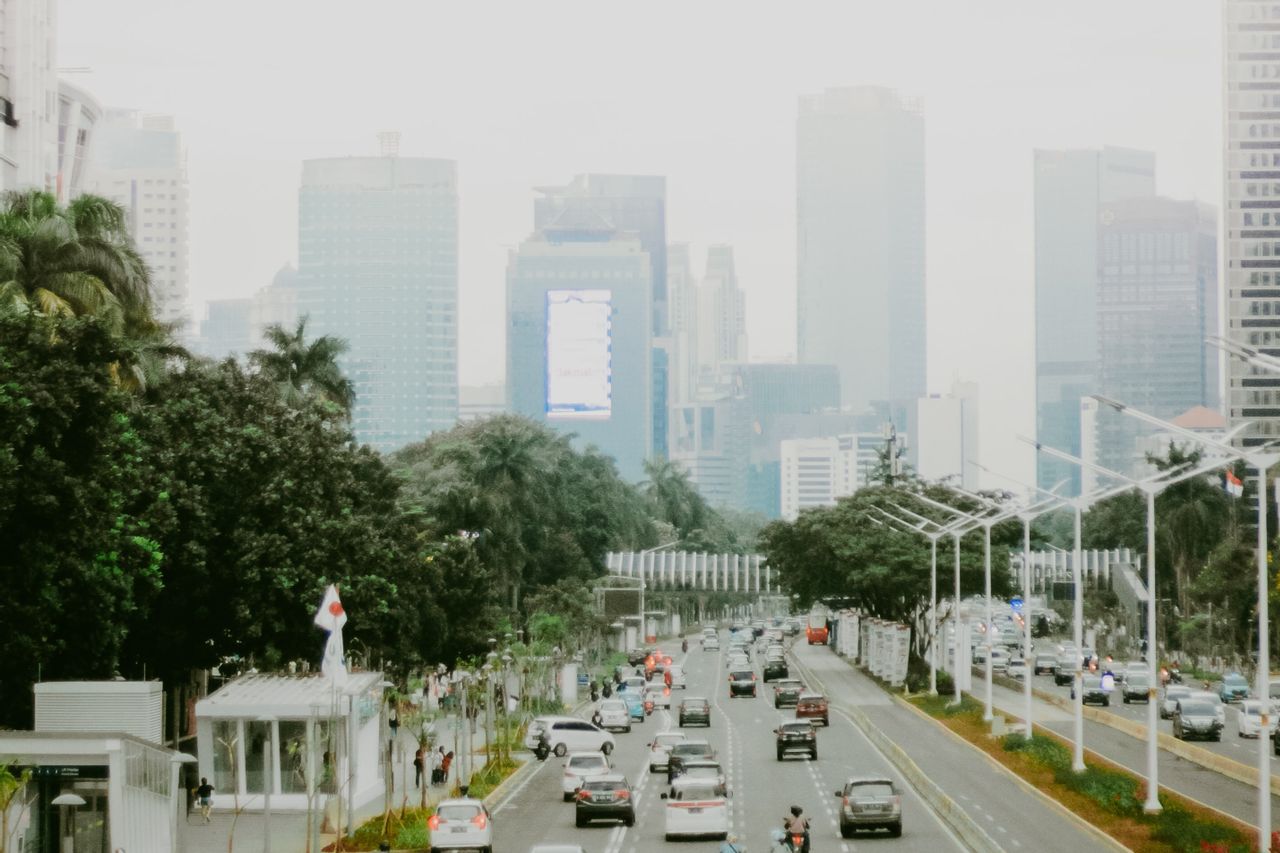Environmental Service Efforts To Improve Air Quality

JAKARTA - The city of South Tangerang is in the spotlight after the air quality data agency, IQAir, said that the city has an average Particulate Matter (PM) 2.5 of 81.3 micrograms / m3. This means that the air there is considered dangerous for health.
PM 2.5 is considered dangerous when it exceeds the limit of 65 micrograms / m3. This is because particulate matter, which is small, or about 2.5 micro, can enter the lungs. Apart from that, his exposure also caused problems with the eyes, nose, throat, lung irritation, coughs, colds, to interfere with lung function, worsening asthma and heart disease.
The South Tangerang Environment Agency has denied the IQAir data. This is because, based on the results of periodic research every three months, the air quality level in the city is still normal or below the threshold.
Head of the Environmental Quality Monitoring Section of the South Tangerang LDH Sub-Department, Laily Khoirilla, said that his party, which collaborated with PT Environmental Laboratory (Kehatilab), had examined three areas, namely Siliwangi, Pamulang and Kebayoran Village roads, Bintaro, and Lieutenant Soetopo, Serpong. This research was conducted last year.
As a result, the three regions have no indication of dangerous air quality. In detail, the Lieutenant Soetopo road shows the air quality level of PM2.5 at number 11, Jalan Siliwangi shows number 12. Meanwhile, the Bintaro area only reaches number 10.
"For PM2.5, the maximum limit is 65 micrograms / m3 which refers to the Government Regulation of the Republic of Indonesia number 41 of 1999 concerning air pollution control," Laily told VOI, Thursday, February 27.
Laily added that his party has made a number of efforts to improve air quality in South Tangerang. Among other things, by planting trees and maintaining Green Open Space (RTH).
"Monitoring of immovable source emitters, educating the public, and limiting truck operating hours," said Laily.
In addition, several other efforts have also been made by related agencies to monitor and check gas emissions in vehicles which are the cause of decreased air quality.
"One of the ways is by testing motor vehicle emissions as well as educating motorists," said Laily while adding the question of supervision of factories.
